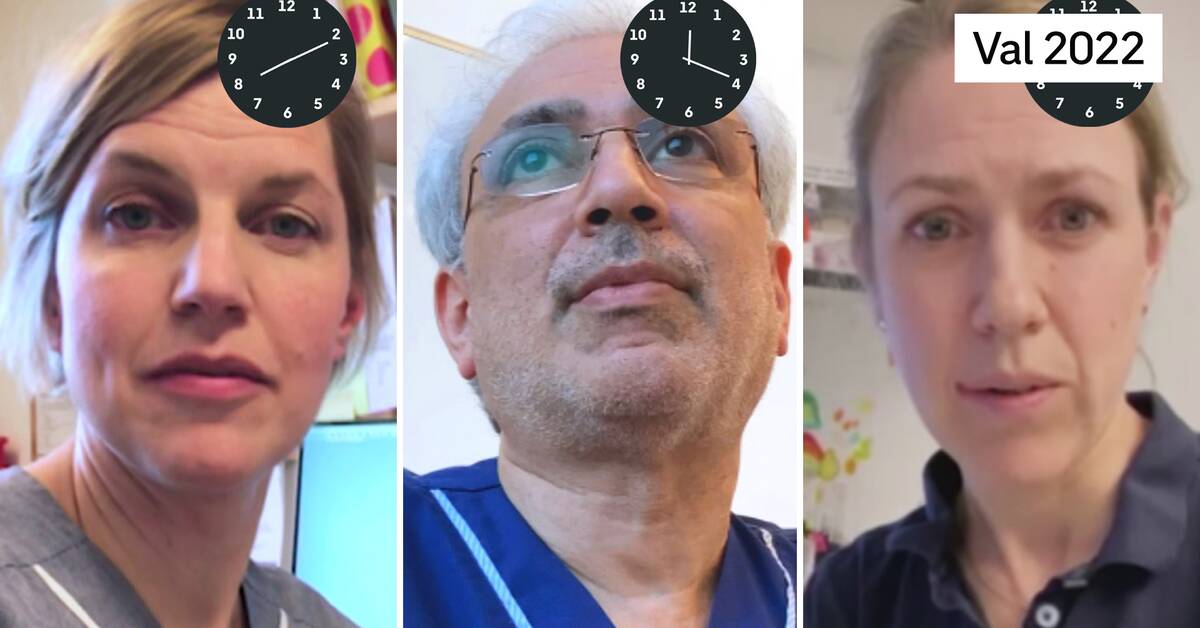"I'm so tired of always being inadequate, of constantly fighting with my nose just above the surface.
I have therefore chosen to take leave now and will probably resign.
I just can not take it anymore. "
This is how a doctor, who works at a health center in Central Sweden, describes his work situation for SVT Nyheter.
An example that summarizes what many doctors who work in primary care today feel.
Primary care is usually described as first-line medical care.
This includes health centers where patients can go with problems such as ominous lumps and persistent headaches.
The doctors who work in primary care are specialized in general medicine and have a broad responsibility.
- We are best at seeing the whole picture, says Magnus Isacson who is chairman of the Swedish Association for General Practice, SFAM.
"Very uncomfortable feeling to live with"
But of those who work or have worked in Swedish primary care, there is a great deal of dissatisfaction.
SVT Nyheter has sent out a questionnaire to all 435 doctors who received their specialist certificate in general medicine issued in 2018 and who still live in Sweden.
A certificate that a doctor can get after at least twelve years of study and work.
Almost half, 212, have answered and most of them, 88 percent, still work in primary care four years after they have completed specialists.
However, 12 percent have quit, almost all due to the workload.
For example, how to write one:
“Even if you make a greater effort than the service requires, you know that it is far from enough.
It is a very uncomfortable feeling to live with in the long run when you are responsible for people's lives and health. "
Several are considering leaving
Of those who still work in primary care, a majority say that they are dissatisfied with their current work situation and 54 percent only work part-time.
Here, too, most people say that the reason is the workload.
"If I were to work full time, I would go into the wall," writes one of the doctors.
Furthermore, just over one in four doctors states that it is likely or very likely that they will leave primary care within five years.
- It is very serious and sad that it is like this.
This confirms the picture we have had before, says Magnus Isacson.
Sweden's municipalities and regions, SKR, believe that the situation in primary care is a priority issue and that improvement work is underway in the regions.
- I think that this type of signal strengthens the importance of working with the conditions in primary care, says Emma Spak who is section manager at SKR.

